Bicycle History: The Penny-Farthing, or High Wheel
Categories: History | Technology | World
By Pictolic https://pictolic.com/article/bicycle-history-the-penny-farthing-or-high-wheel.htmlThe penny-farthing, also known as the "high wheel", was the first vehicle to be called a "bicycle". This two-wheeler was popular in the 1870s and 1880s. Then it gave way to more modern models, but remained forever in history, becoming a symbol of the late Victorian era.


The name comes from the appearance of the British penny and farthing coins, as one of them (the penny) is much larger than the other (the farthing) "so are the wheels of this bike.

The large front wheel provided high speed (due to the fact that it moved a long distance with each turn of the legs) and comfort (the large wheel provides more cushioning).
The penny-farthing went out of use from the late 1880s — with the development of modern bicycles, which provided a similar increase in speed due to chain-driven gears and comfort thanks to pneumatic tires, and were advertised as safer.
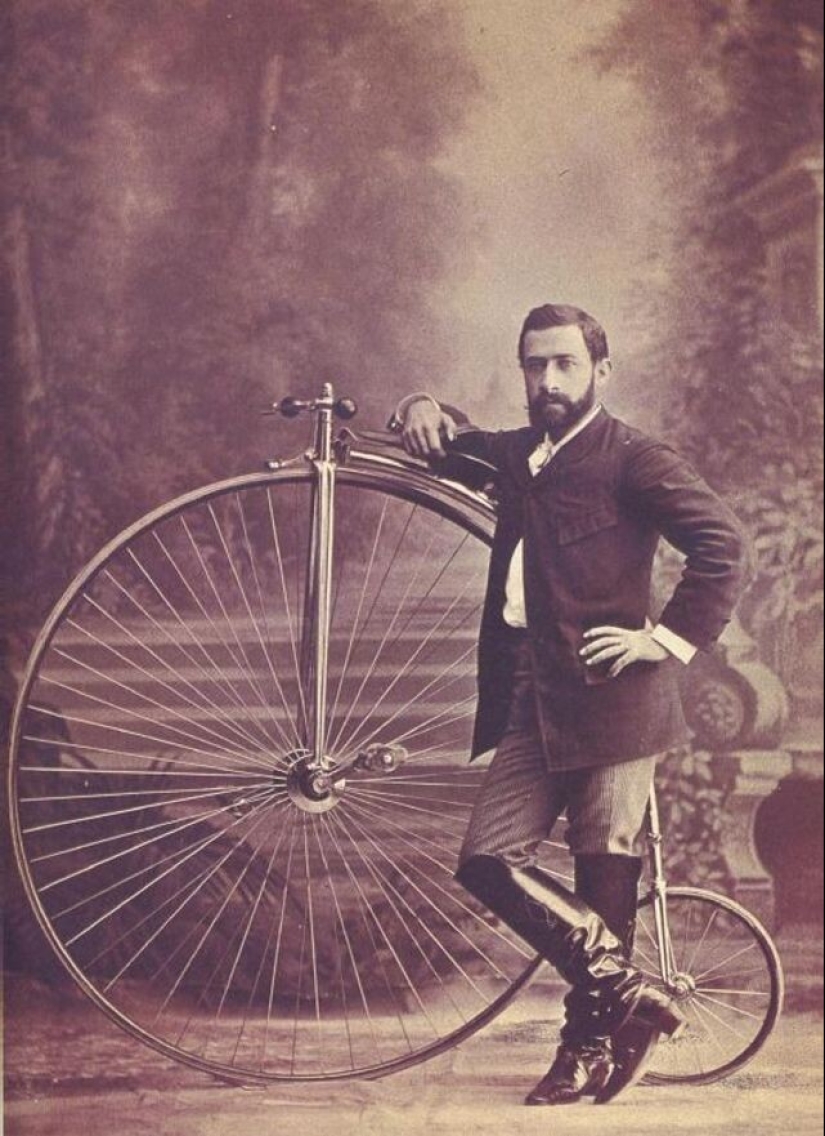
Despite its short life, the penny farthing became a symbol of the late Victorian era. Its popularity coincided with the birth of cycling as a separate sport.


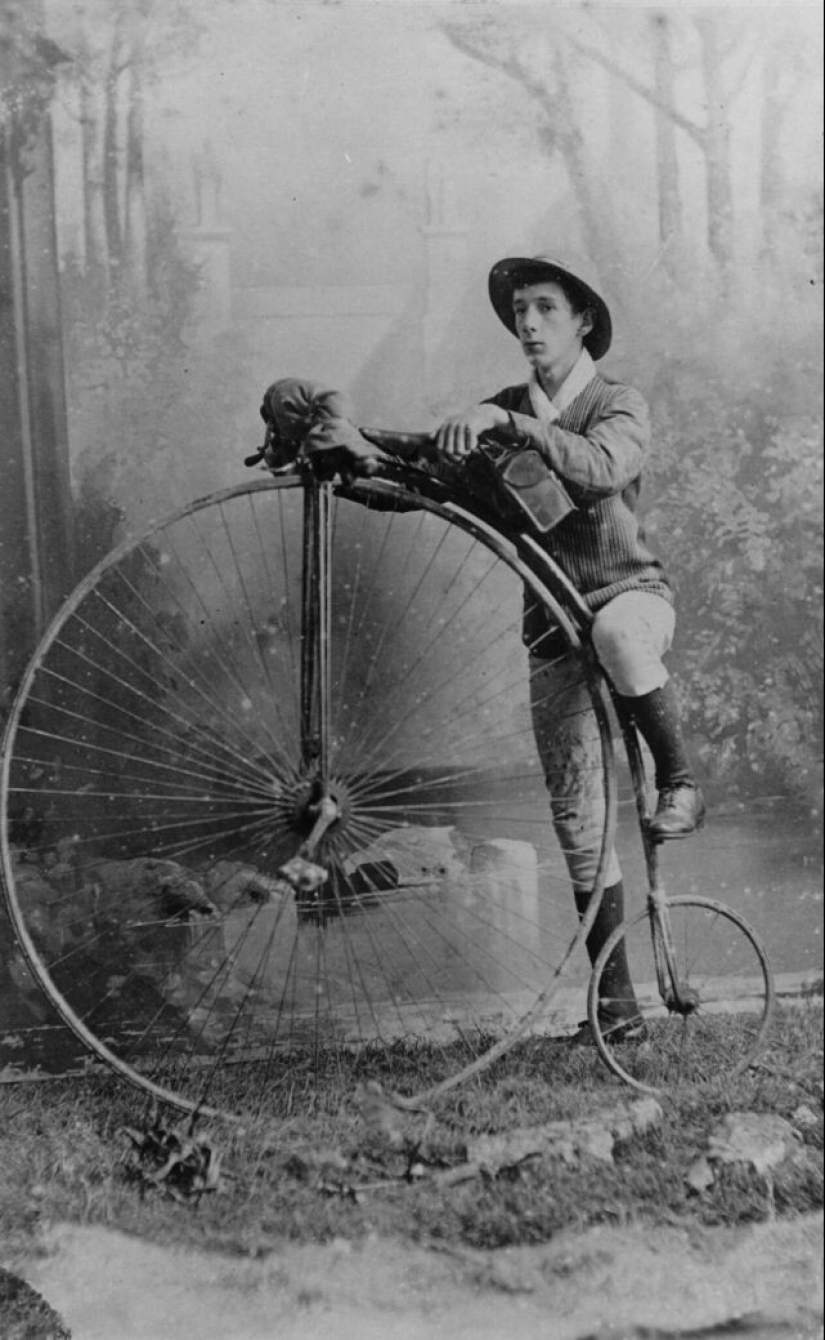

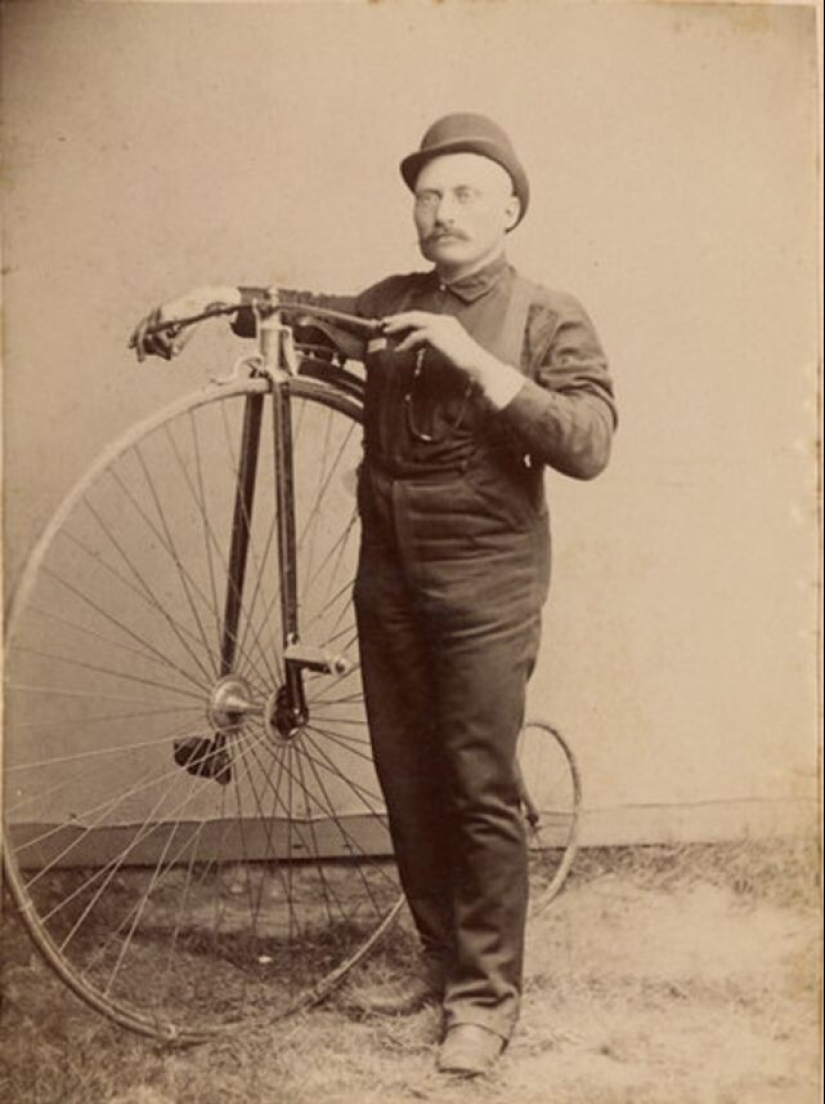
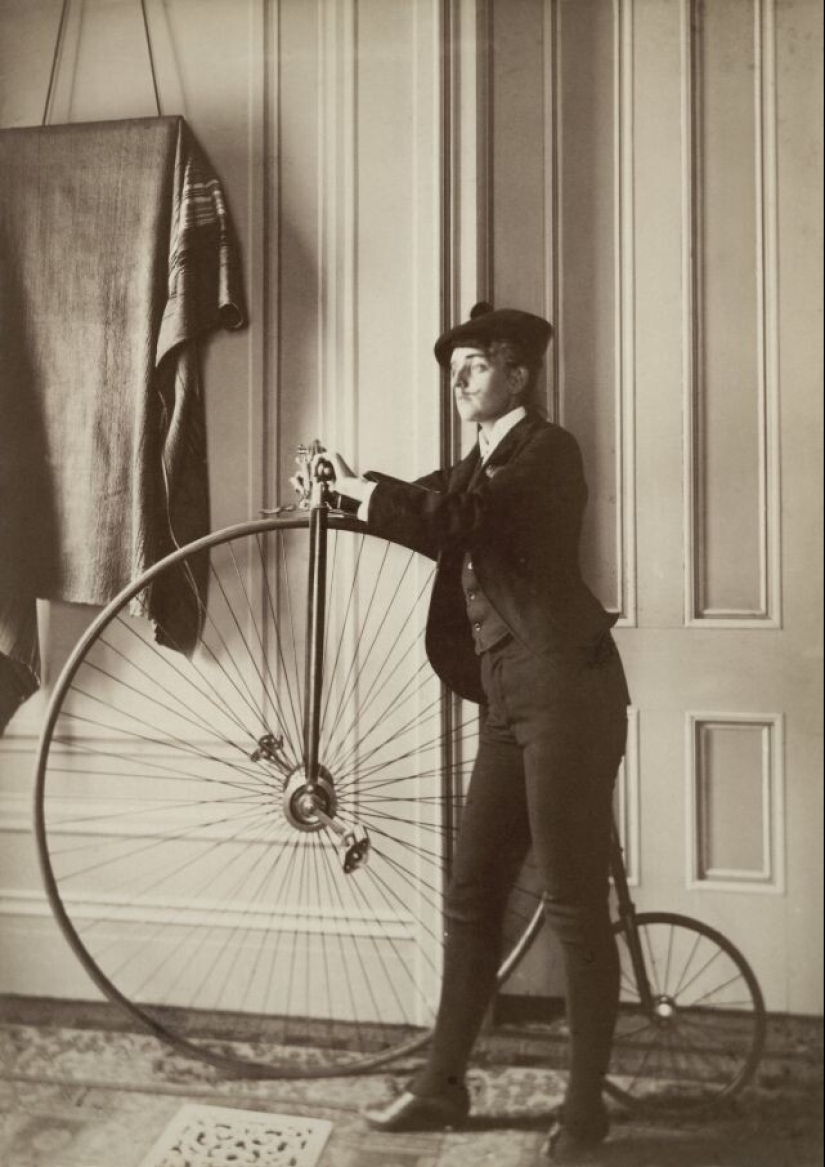
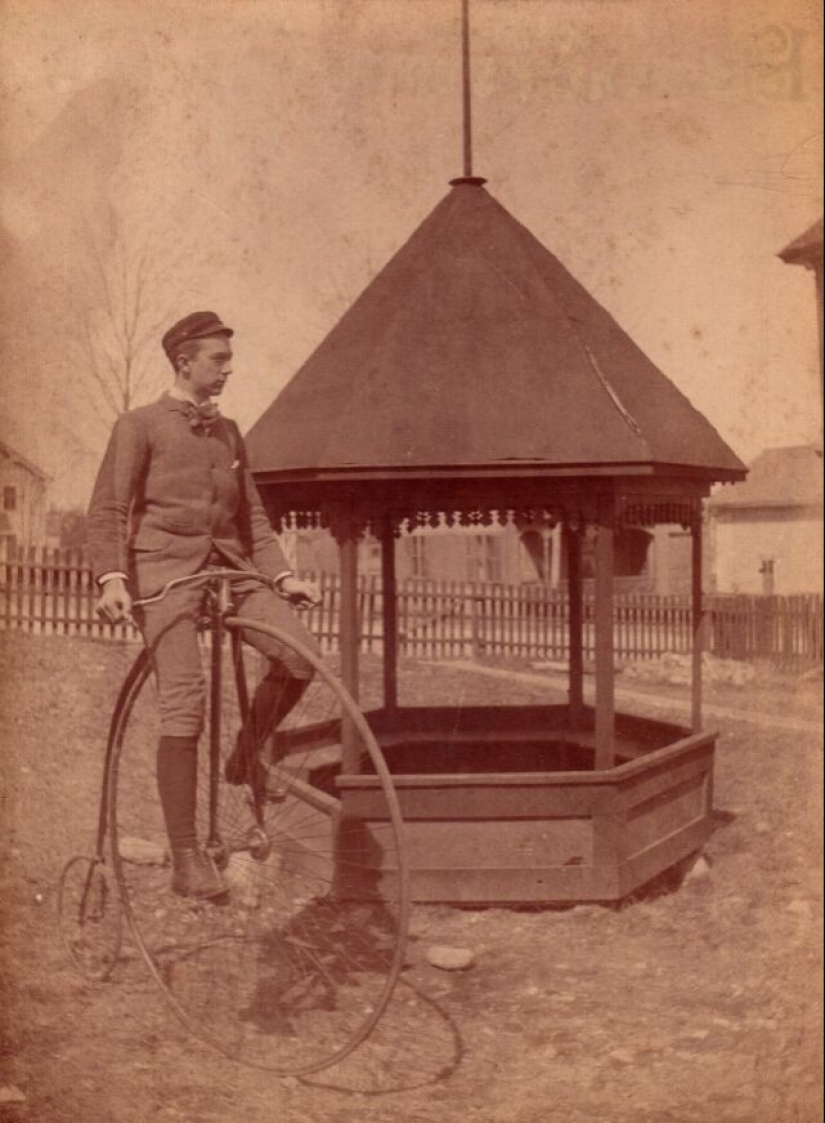
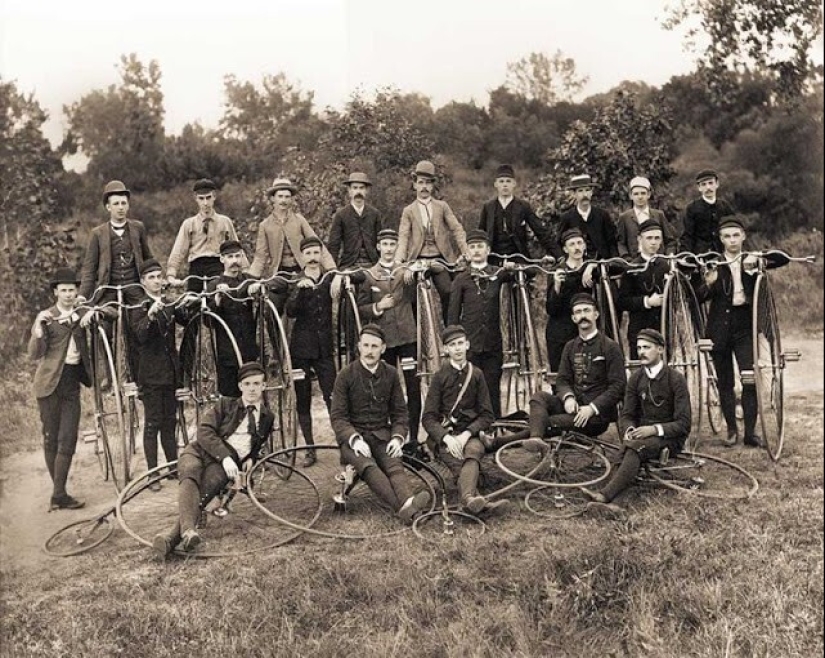
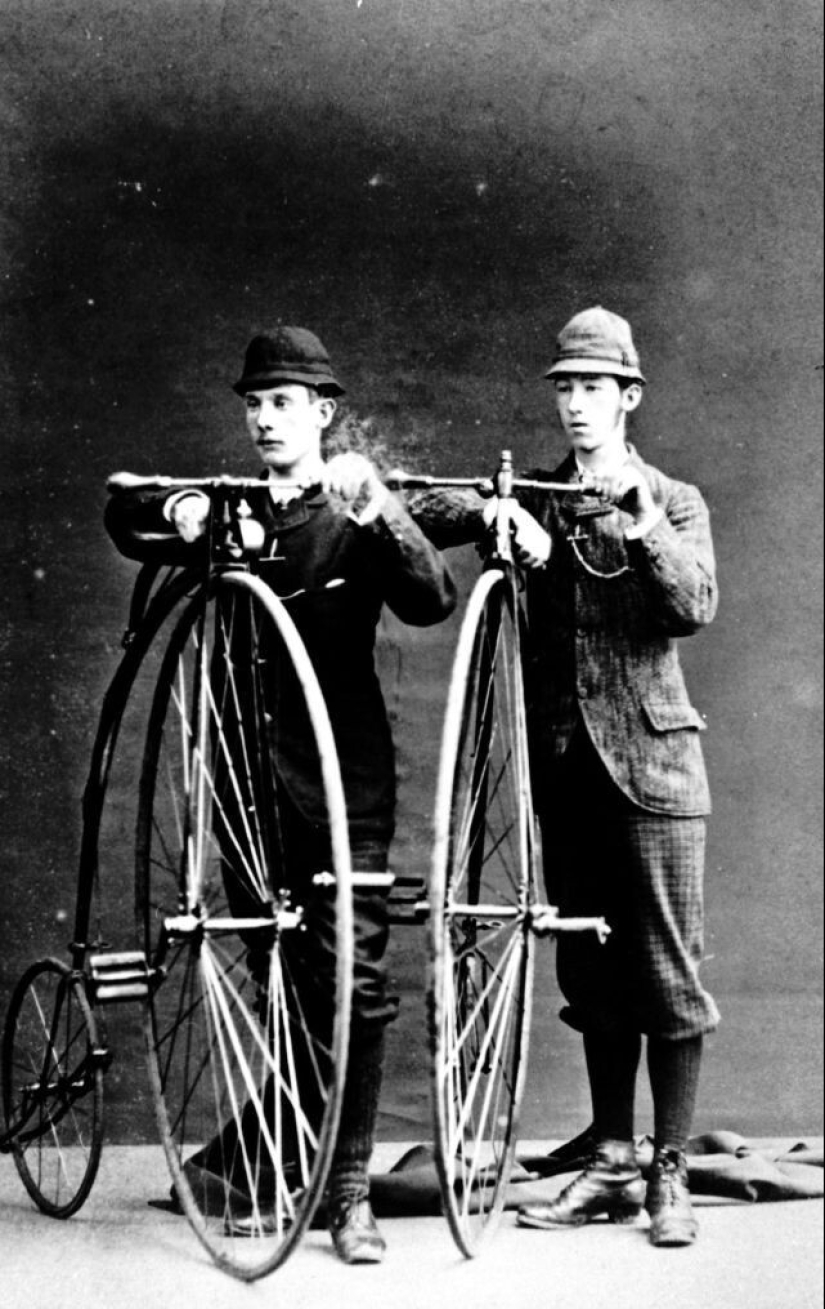
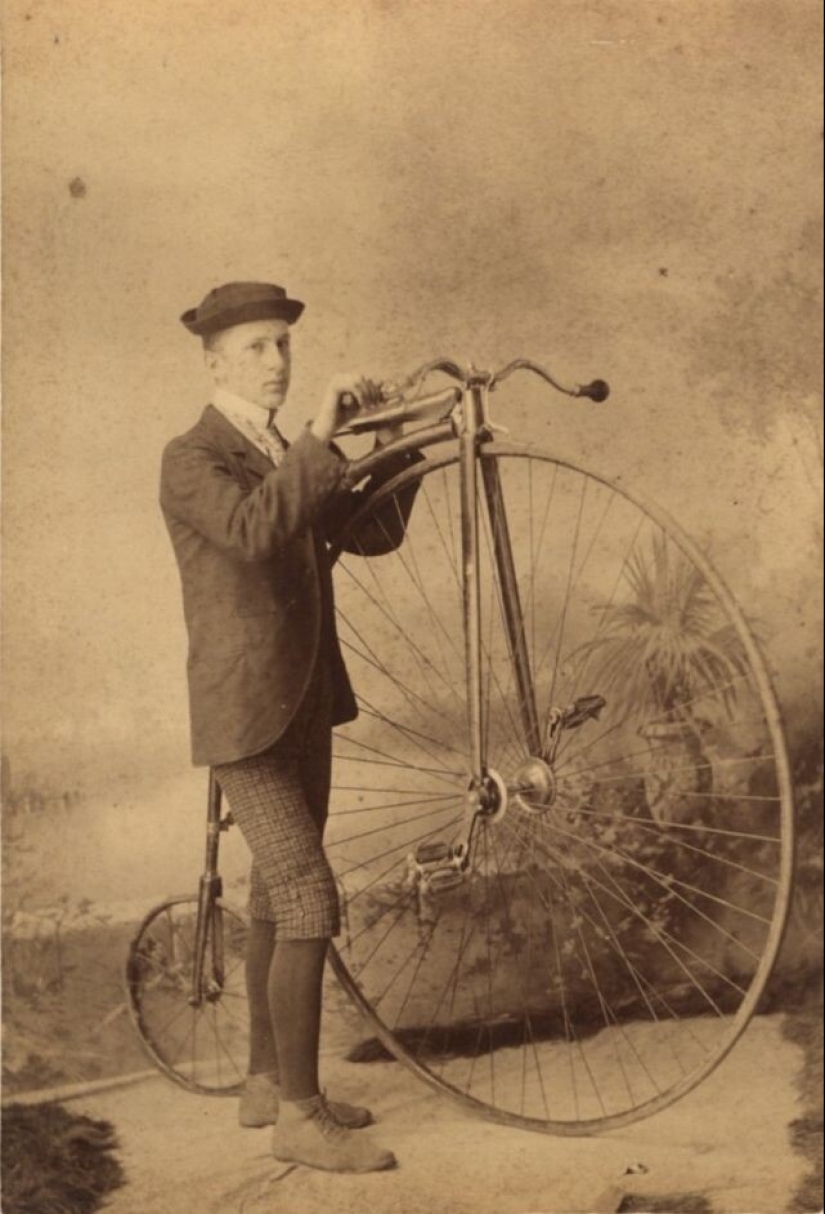
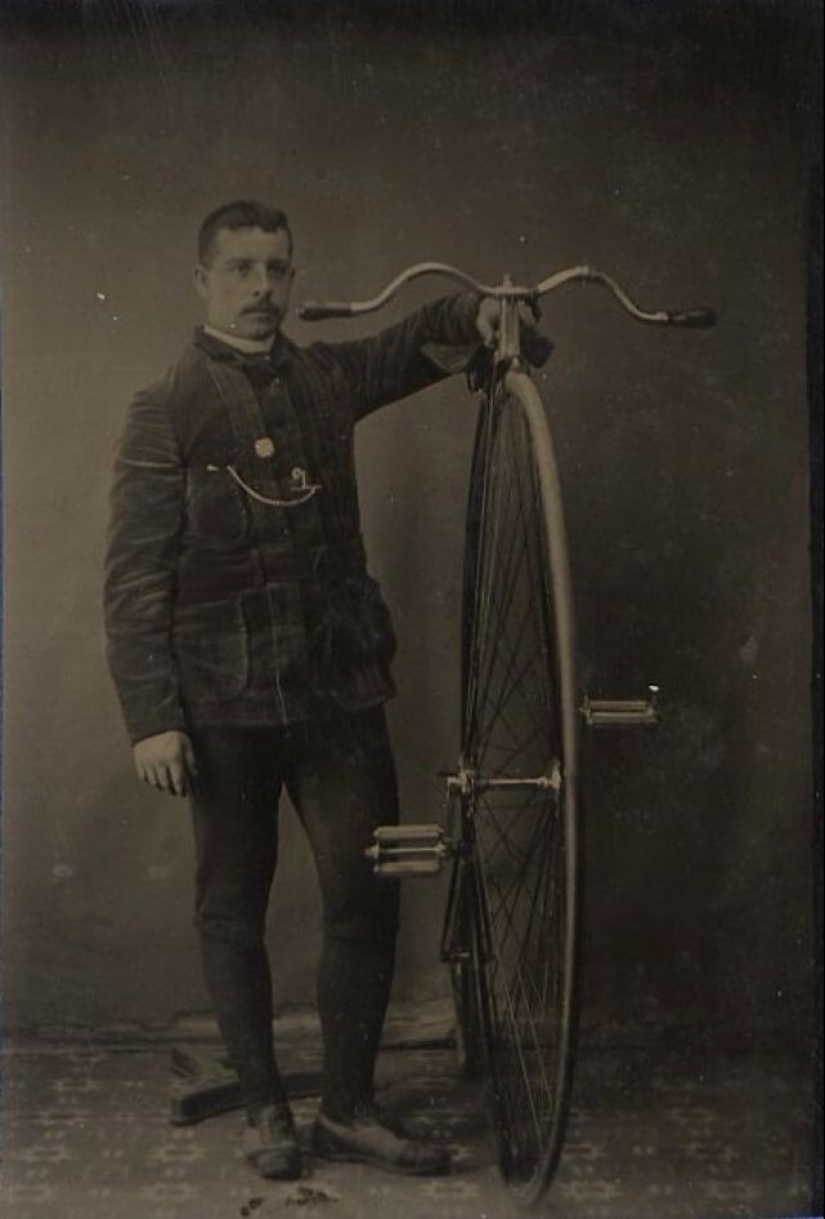
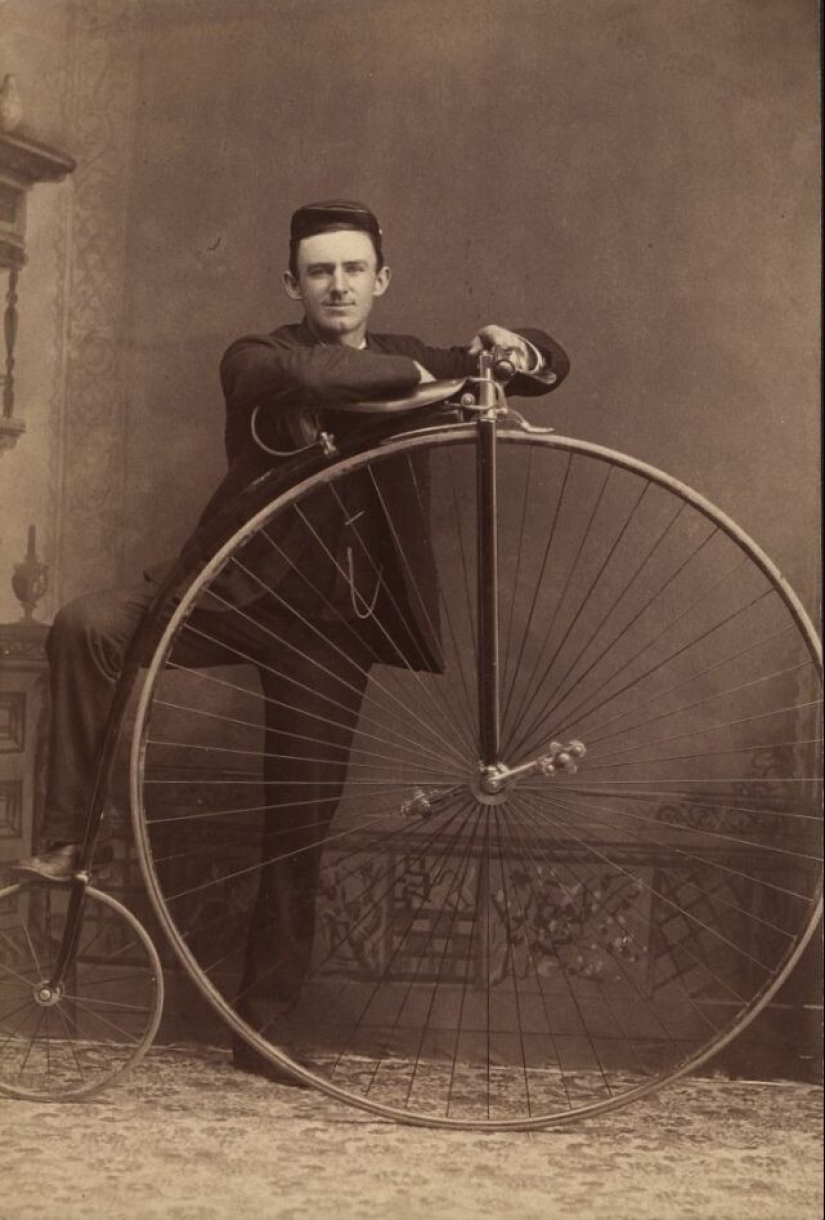
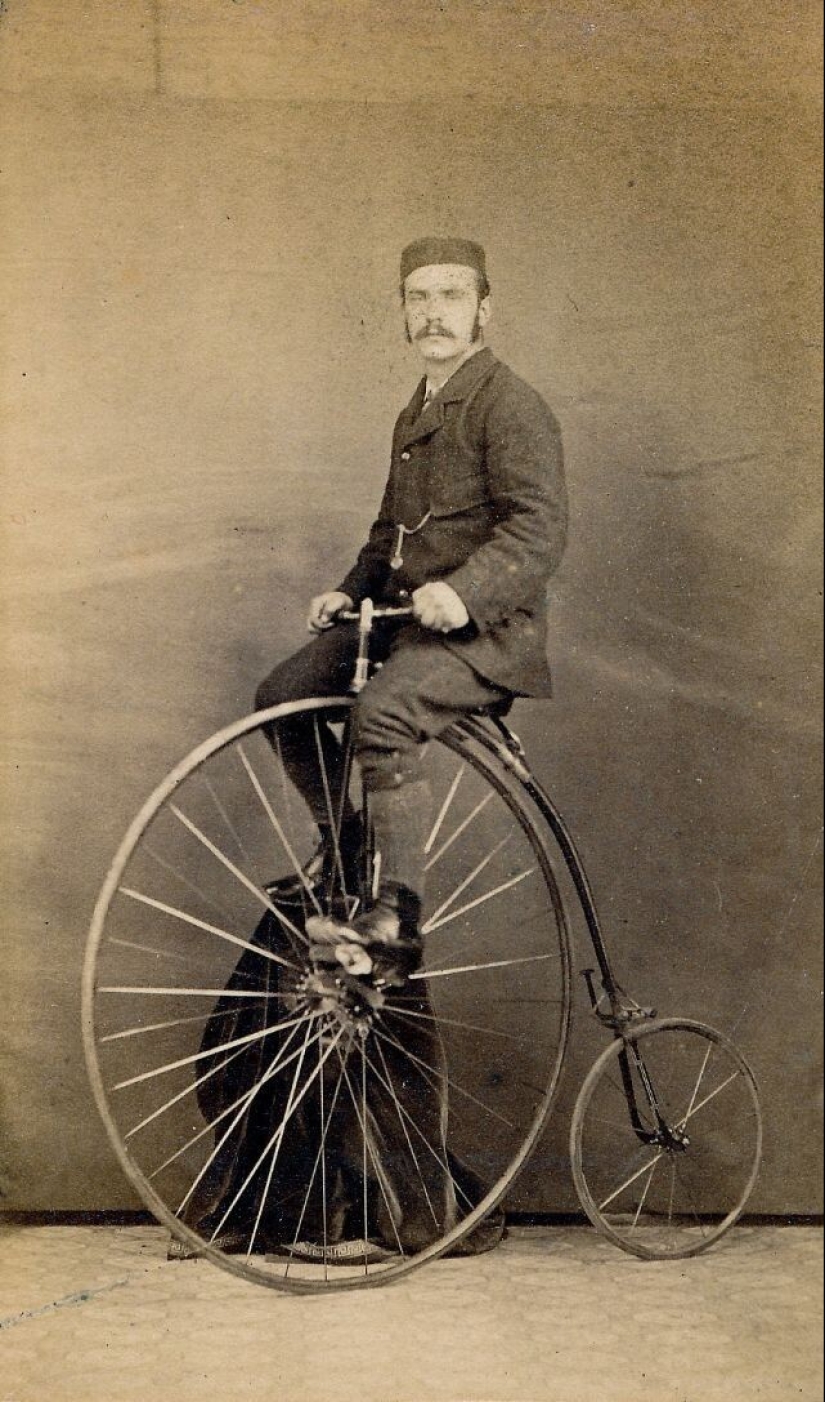

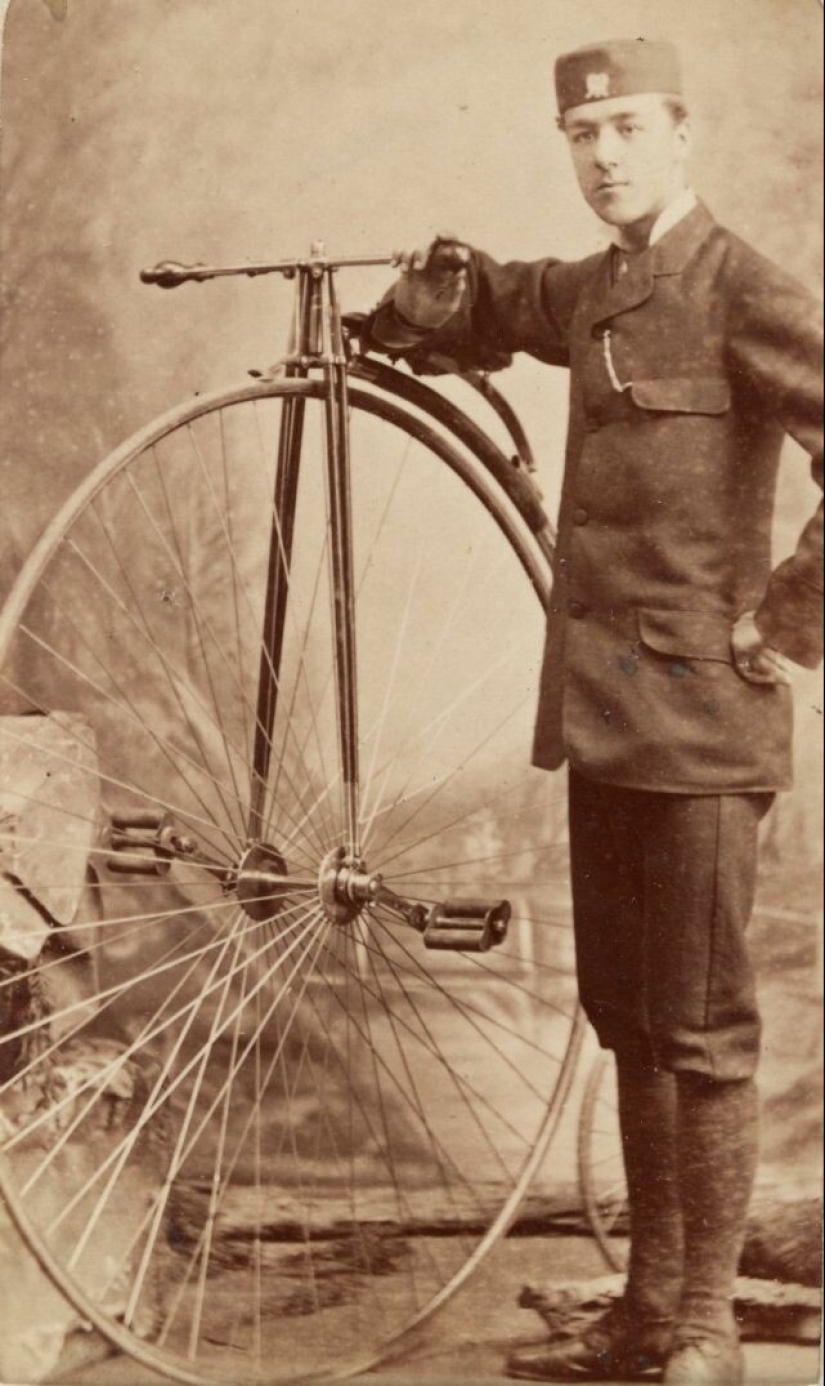

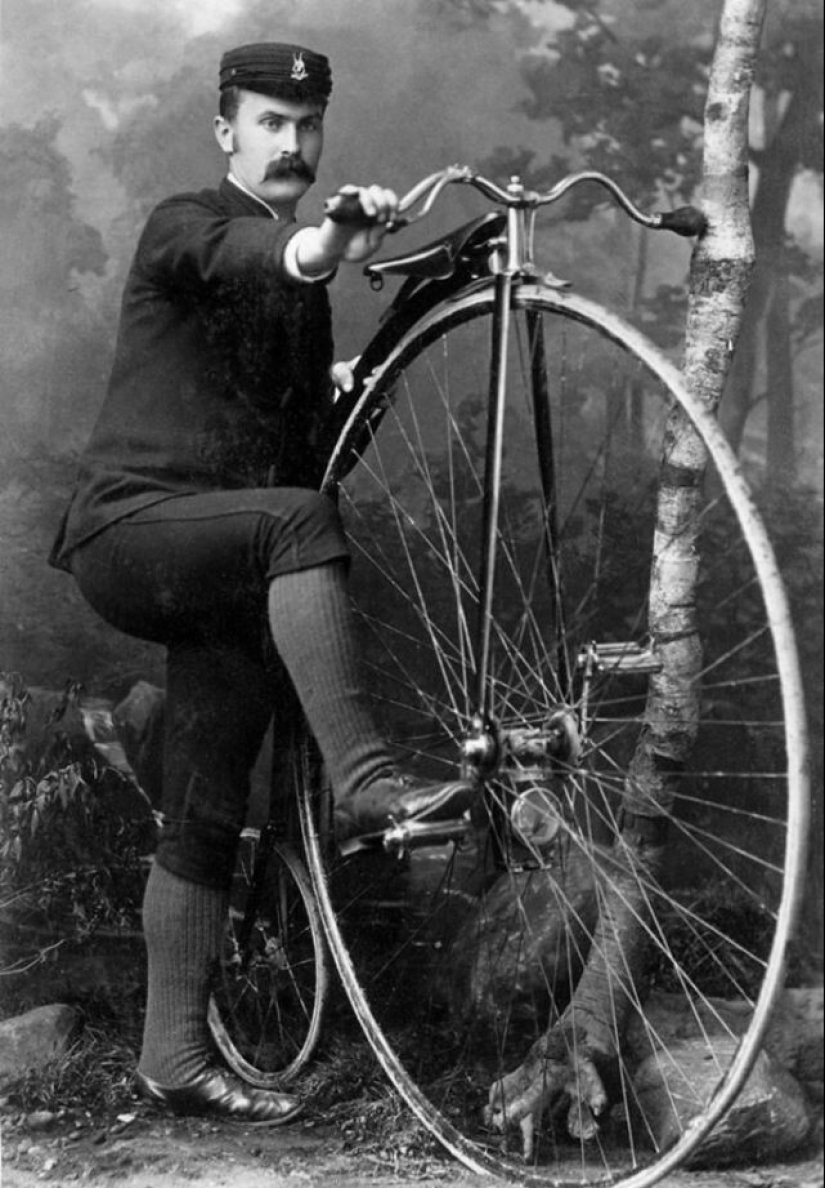
Keywords: Bicycle | Victorian era | Wheel | Retro
Post News ArticleRecent articles

French cinema can easily be called a unique direction in art, which is fundamentally different from what he used to do in ...

Fans of actress Monica Bellucci do not associate her style of clothing with black dresses in vain. A famous Italian woman has ...
Related articles

In the Victorian era Britain was quickly urbanized. By 1851 it became the first country lived in cities of more people than in the ...

What did the petty criminals of the XIX century look like? We offer you a look at the faces of English prisoners held in a penal ...

The Reverend Lewis Carroll, aka Charles Lutwidge Dodgson, left behind wonderful children's books and, as befits a Victorian ...

What could be sweeter cats, dogs and other animals? That's right — nothing! Therefore, we have compiled for you the lovely, kind ...